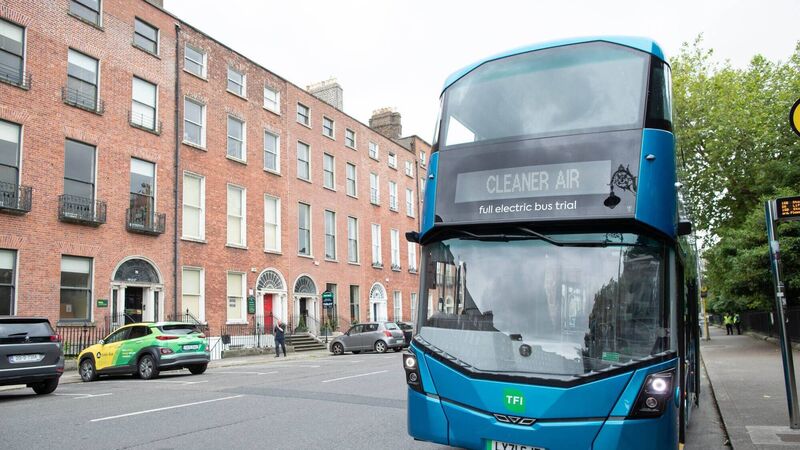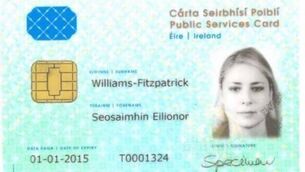Government to spend €3.2m on air quality advisors to tackle climate change

Electrification of the road transport fleet will help to inform the Government’s Clean Air Strategy. The National Transport Authority announced in February an order for 120 double-deck battery-electric buses from Bamford Bus Company (trading as Wrightbus). PIcture: Julien Behal
Ireland’s greenhouse gas emissions grew by 20% in the first quarter of 2022, compared to the same period last year, the third highest rise in the EU, according to the latest figures from Eurostat.
Details of the increase come as the Department of the Environment is set to spend €3.2m on air quality and climate modelling advisors to help the country achieve its climate change targets into the future.
CLIMATE & SUSTAINABILITY HUB













